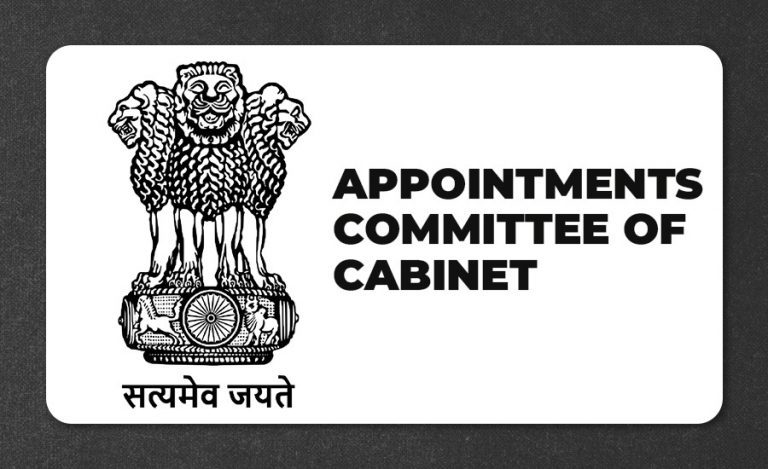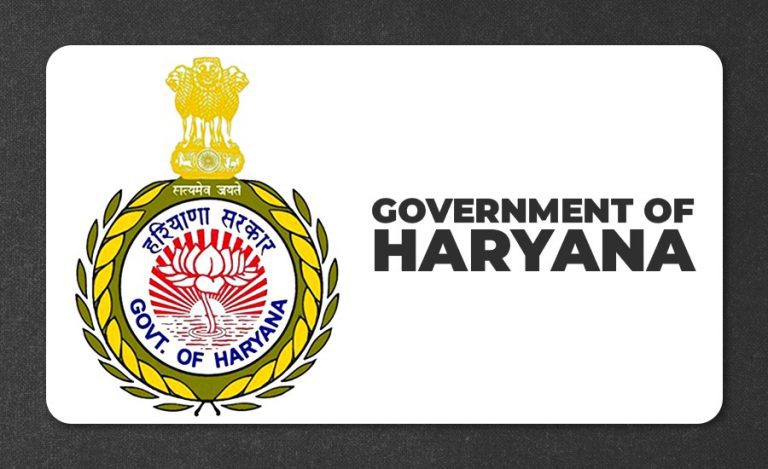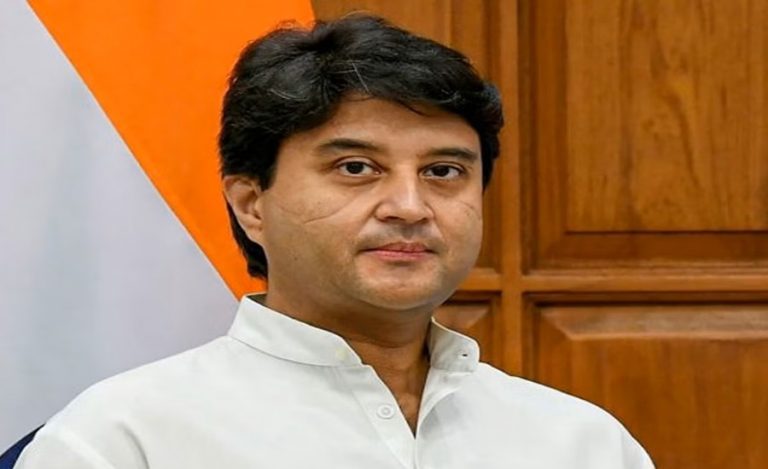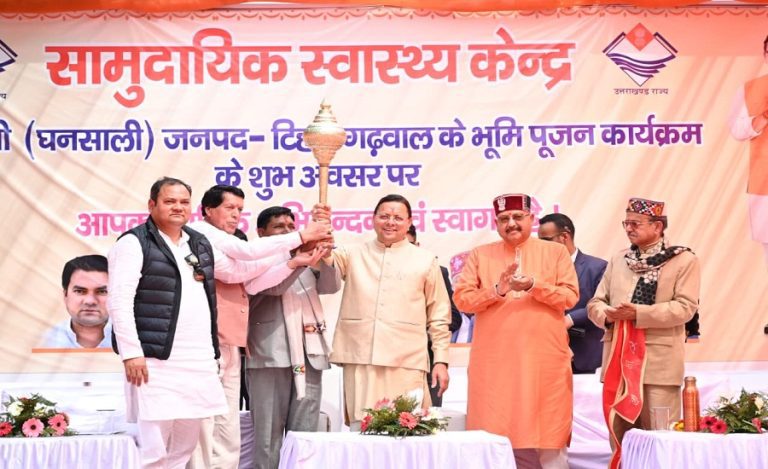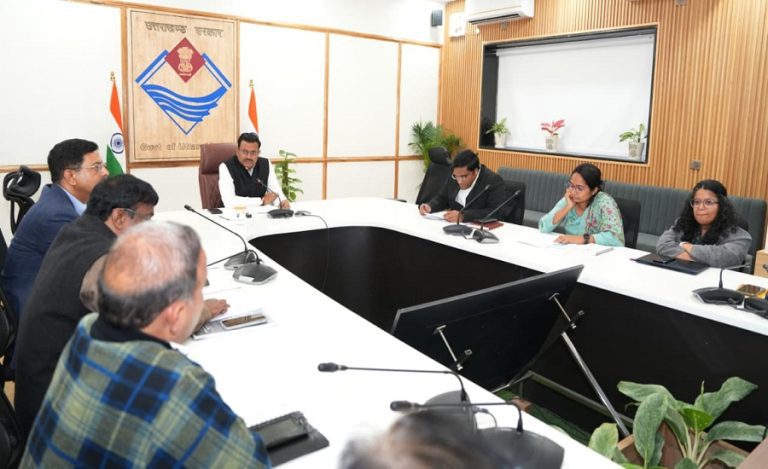Jaipur: The Rajasthan government is set to have senior IAS officer Siddharth Mahajan (IAS: 2003, Rajasthan cadre) repatriated from his central deputation later this month, following state intervention with the Ministry of Personnel and Training (DoPT). However, the state’s request for another officer, Rohit Kumar (IAS: 1997, Rajasthan cadre), could not be accommodated as the Centre declined to release him.
State Faces Significant Officer Shortage
Rajasthan currently has only 280 of its 332 cadre posts filled, highlighting a pressing administrative shortfall. To address this, the state government formally requested the return of senior IAS officers Rohit Kumar and Siddharth Mahajan from central deputation to fill key administrative roles and stabilize governance.
With 23 officers on central deputation and one on inter-state deputation, each officer retained in Delhi is one less official available to drive policy, implement programs, and manage development initiatives in the state.
Siddharth Mahajan: Profile and Career Highlights
Siddharth Mahajan, a 2003-batch IAS officer of the Rajasthan cadre, was born on 29 August 1976. He holds a B.A., LL.B., and LL.M., and is proficient in English and Hindi. Known for his administrative acumen, Mahajan previously served as Secretary to Lok Sabha Speaker Om Birla and is currently posted as Joint Secretary in the Ministry of Commerce and Industry.
Sources indicate that Mahajan is likely to be posted as Secretary in the Chief Minister’s Office (CMO) upon his return. The Principal Secretary post in the CMO has been vacant since June 2025, when Alok Gupta (IAS: 1996, Rajasthan cadre) was moved to the Industries Department as Principal Secretary.
Deputation vs. Cadre Strength: The Bigger Picture
The ongoing central deputation of senior officers has left Rajasthan grappling with administrative bottlenecks. Each officer retained at the Centre reduces the state’s capacity to implement policies and manage critical governance responsibilities. The repatriation of Siddharth Mahajan is therefore seen as a step to reinforce state-level administration and address the officer crunch.


